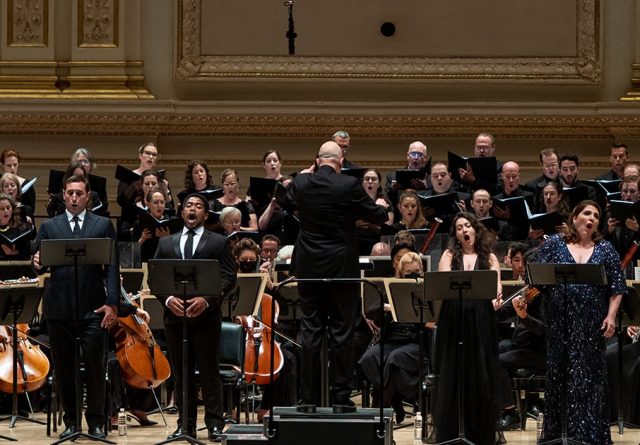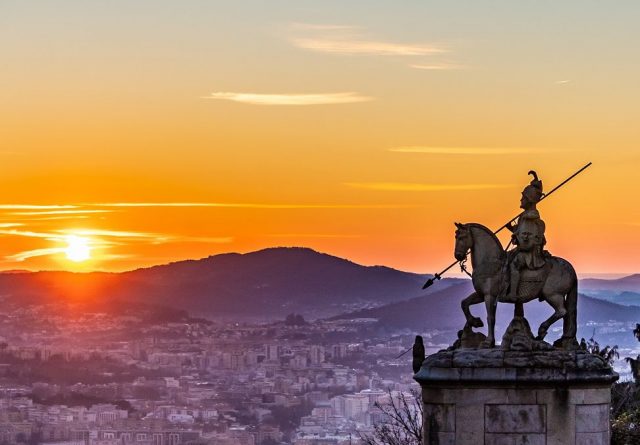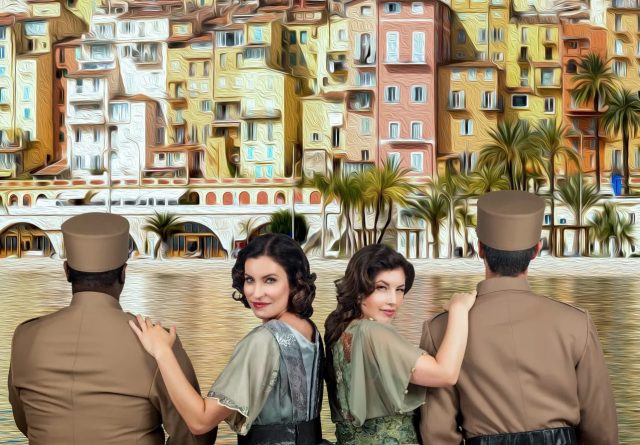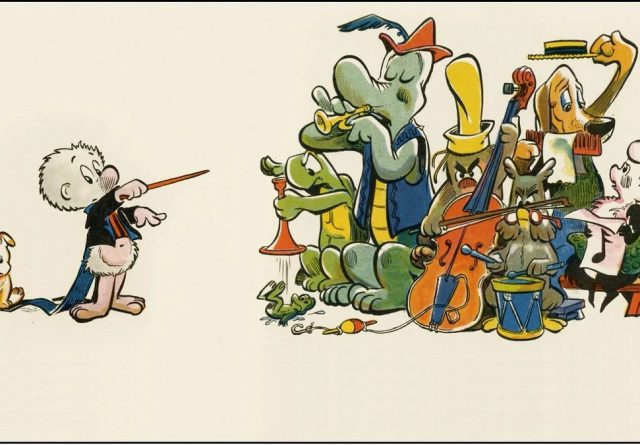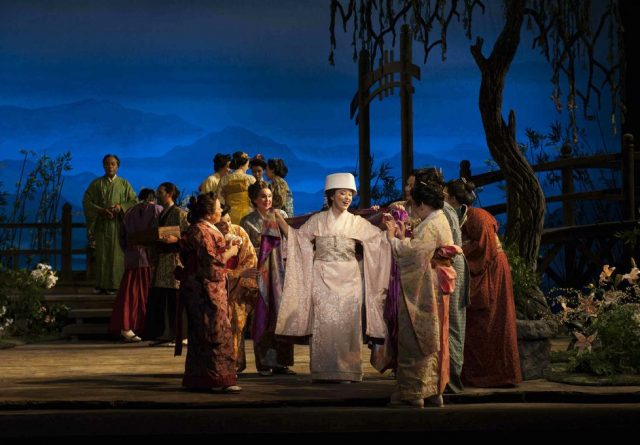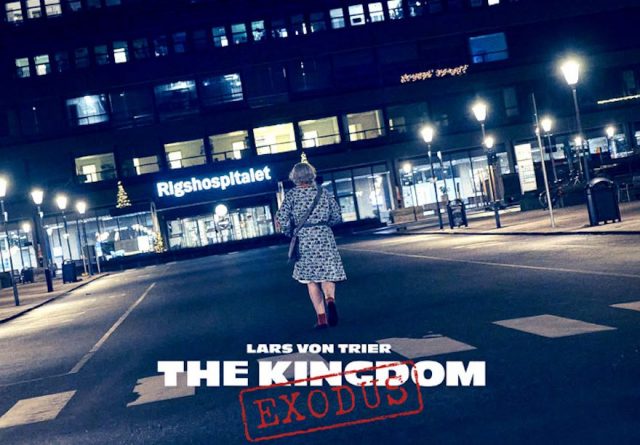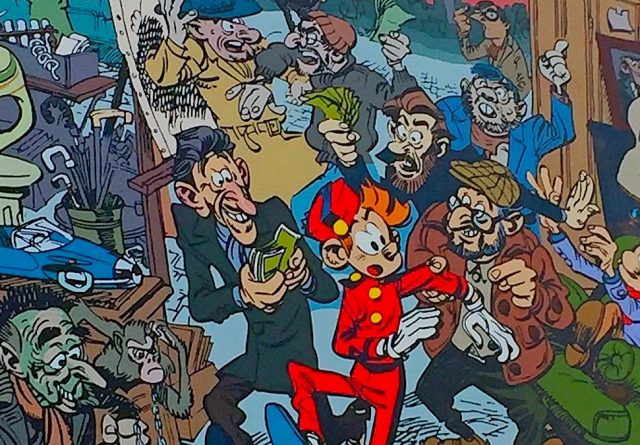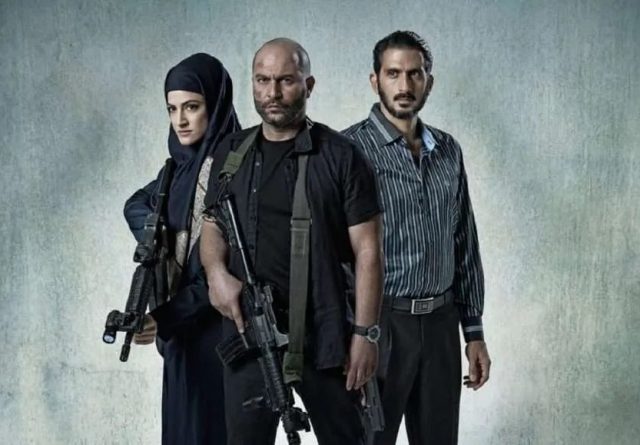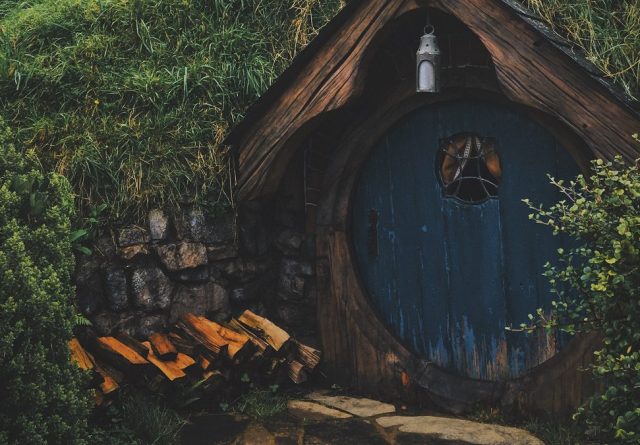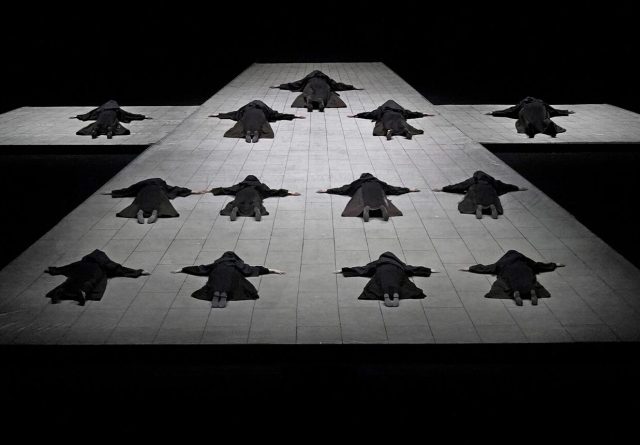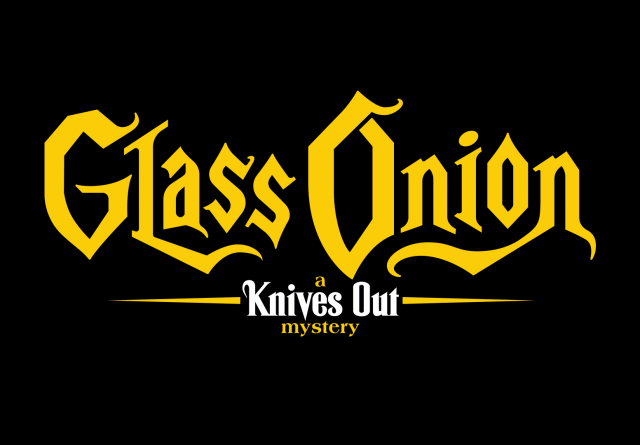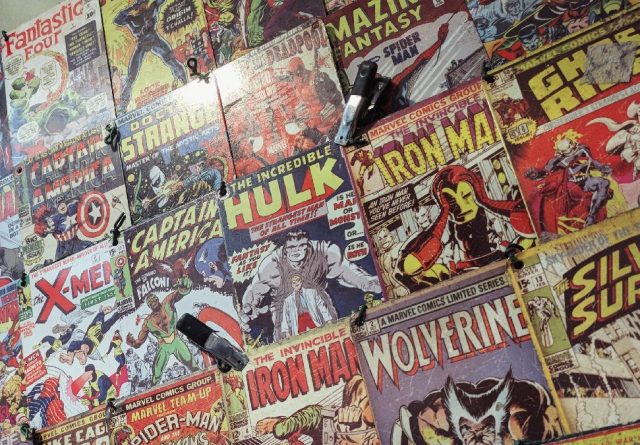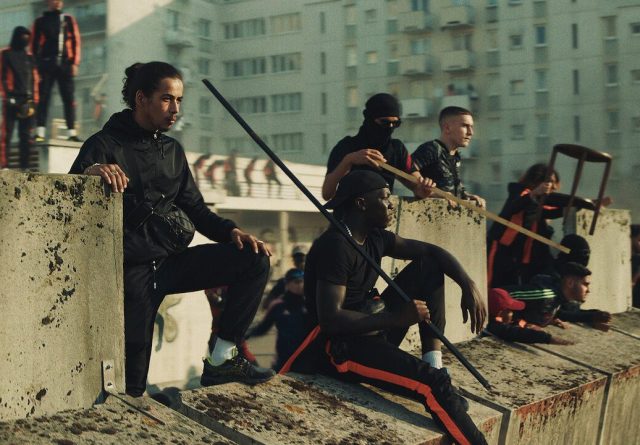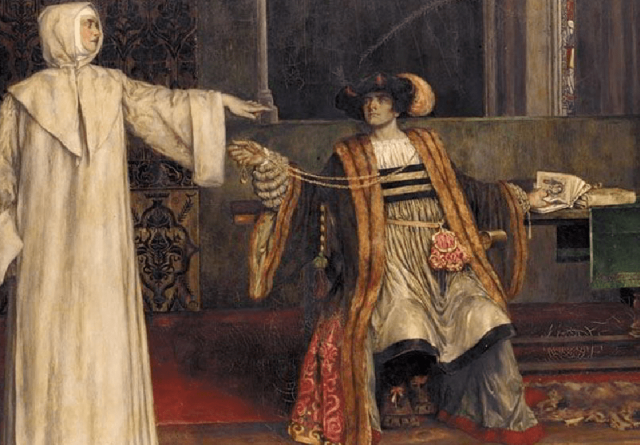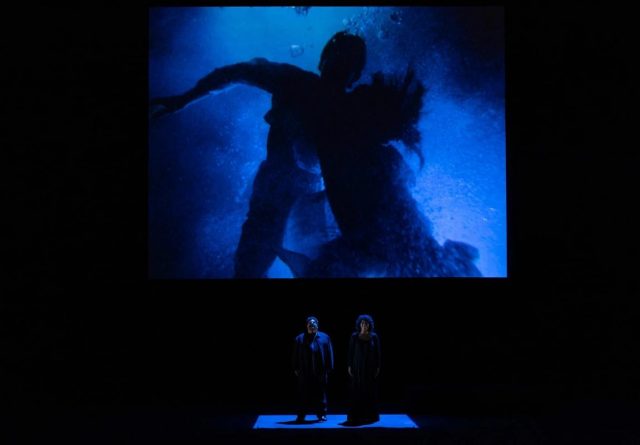In his book The Disappearance of Rituals, Korean-German philosopher Byun-Chul Han presents a genealogy of the disappearance of rituals and its catastrophic effects on society.
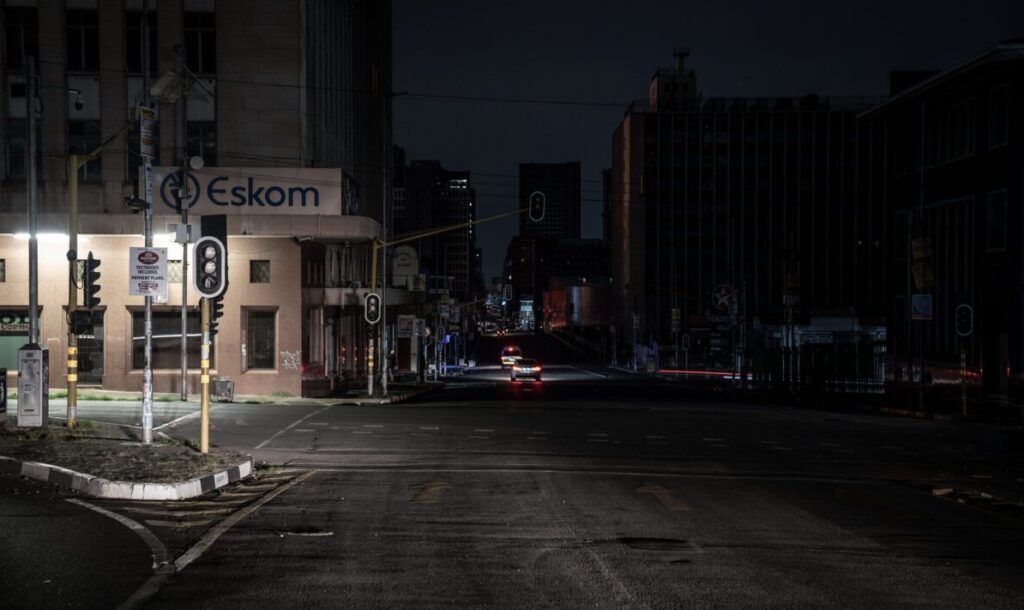
Lessons from the shocking memoir of a top South African electricity executive.
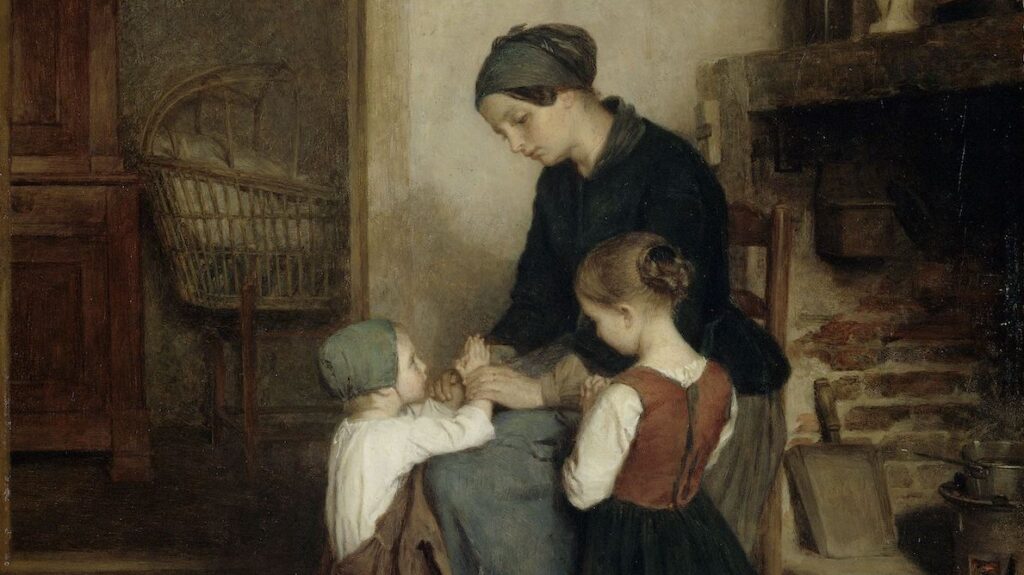
In 42 short meditations on a wide range of topics, Hubert van Zeller presents the universal call to holiness by bluntly addressing common tendencies in man. His writing has a British 1950s charm, yet cuts to what is essential in a way that feels modern and relevant.
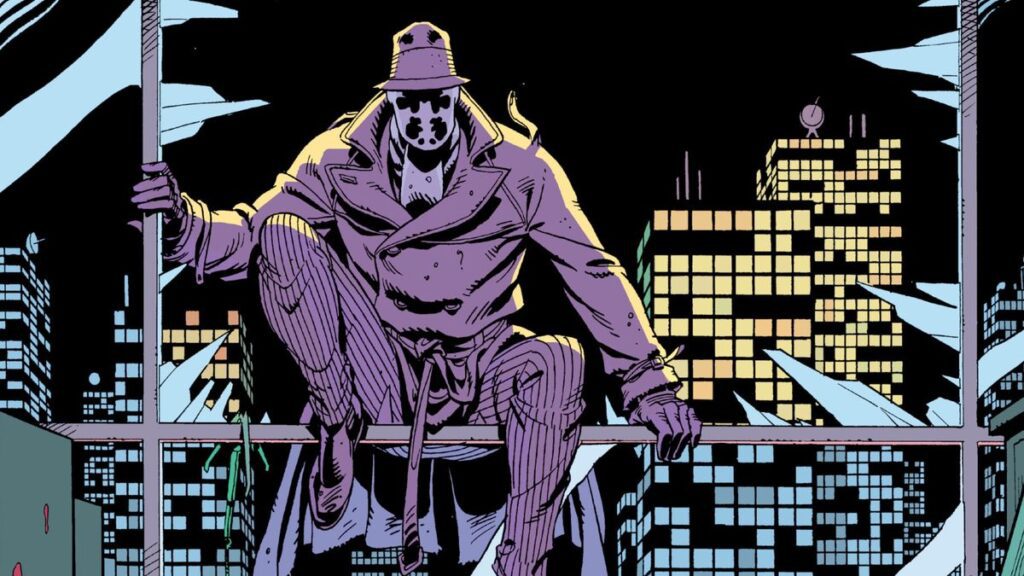
This graphic novel was clearly crafted by two men who share a love of older superhero comics, even as they used their work to interrogate the genre and the world that produced it.
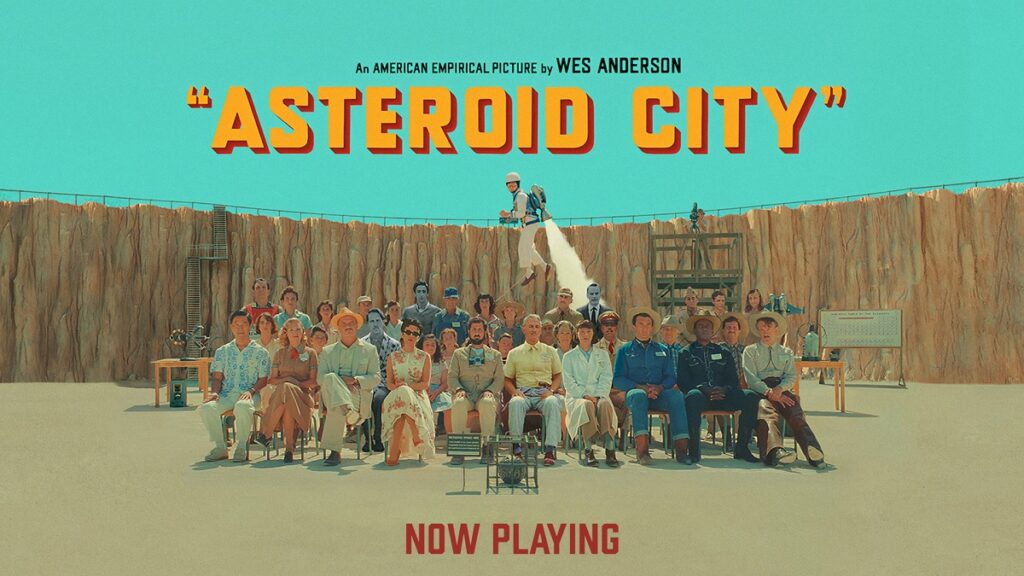
What do we do when we realize that we understand neither ourselves nor our world? Anderson thinks the answer is the same, whether in life, faith, studies, or art.
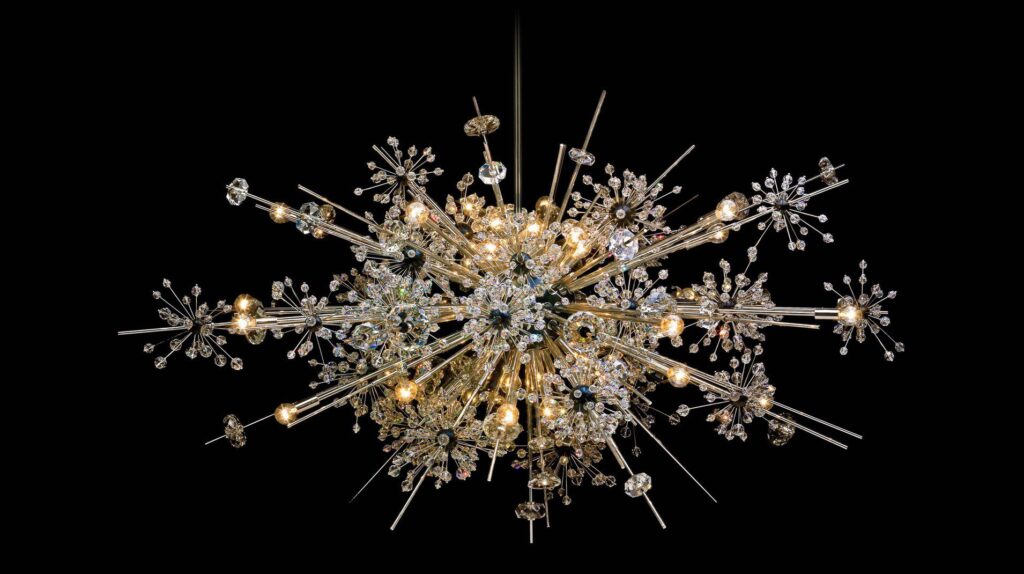
Lobmeyr’s lighting creations can be found in some of the leading opera houses in the world.
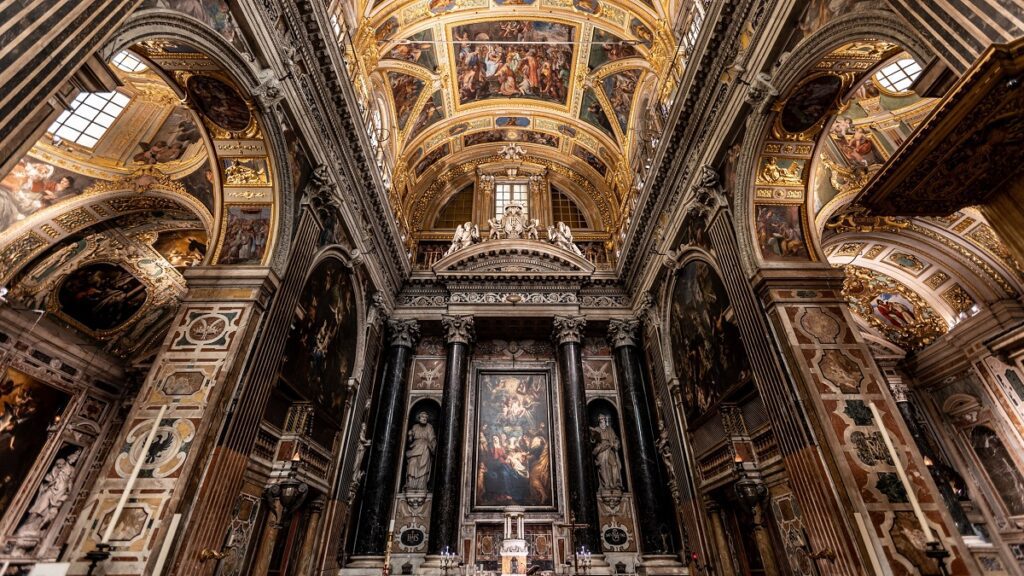
The future need not be bleak, as Benson’s novel reminds us.
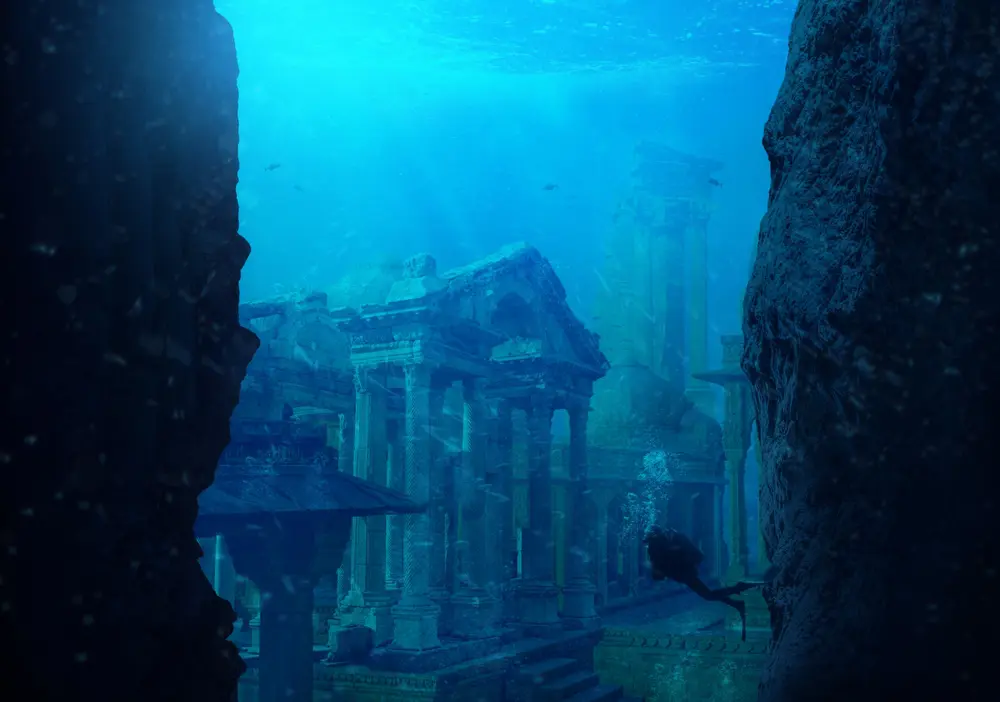
Although at first glance, The Island Without Seasons is merely an adventure story about a man trying to discover the lost city of Atlantis, it is ultimately about how the man’s search allows him to better understand himself and the world in which he lives.
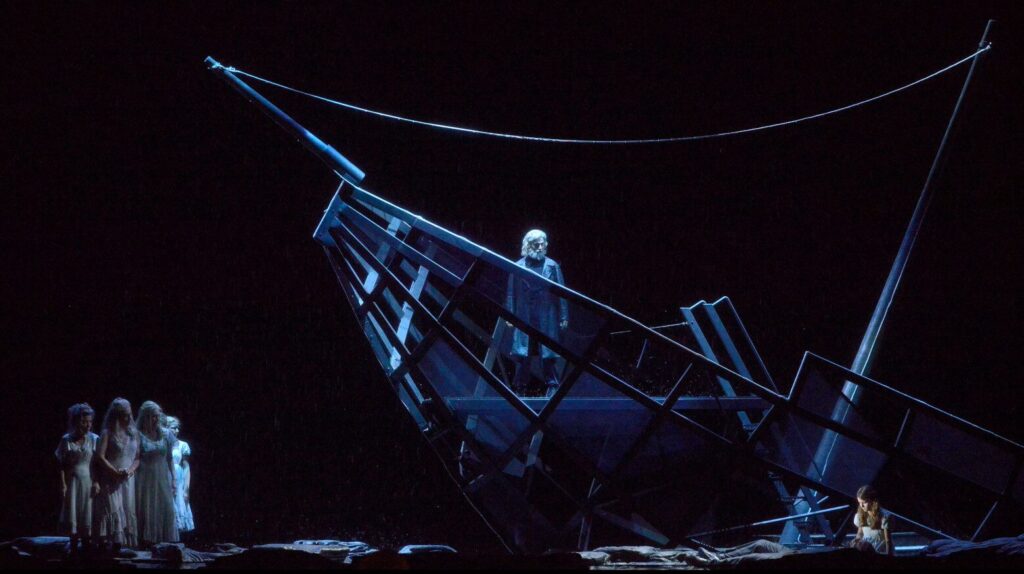
In program interviews, director Marcin Łakomicki and conductor Markus Stenz suggest that Holländer is really about sexism in modern society and a reinforcement of gender roles. A modern European man educated in what passes for the humanities today might think so. But the deeper contexts are ignored.
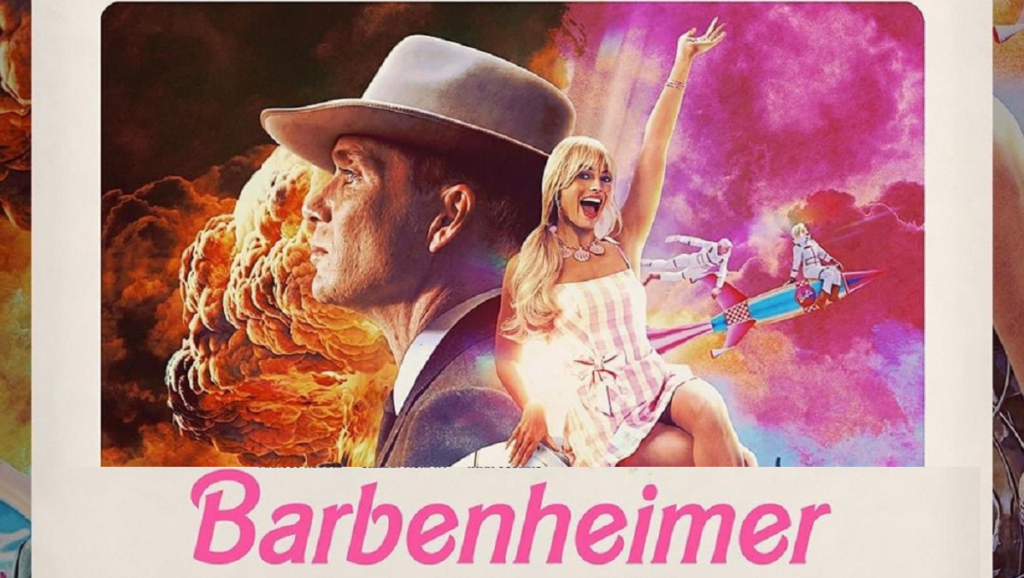
A seeming joke about two movies, Barbie and Oppenheimer, is actually pointing to a renewal of American cinema that may be on the horizon.
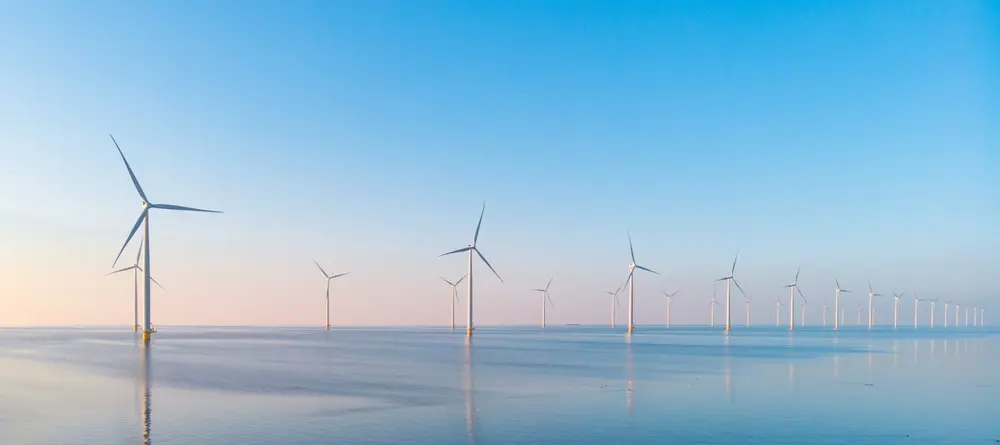
It must not be forgotten that these people are less concerned with producing energy in ways that will allow us to maintain our standards of living and make economic progress than with being ‘anti-capitalist.’

The problem for libertarians is not that their ideology cannot inspire policy reform. Their problem is their lack of courage.

Benedict Rogers drives home the point that, in addition to the economic, social, and geopolitical concerns about China, there are human beings who are suffering as a result of lukewarm activity or, worse, benign acquiescence.
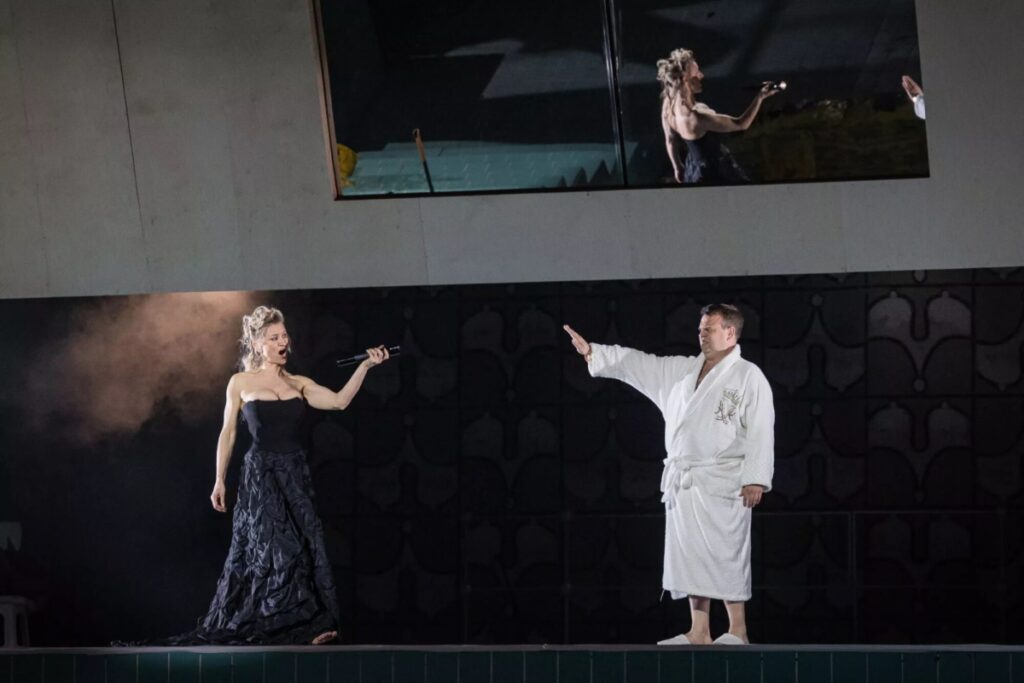
Hungary has produced singers who built international careers, and two of them were on hand to fill leading roles here.
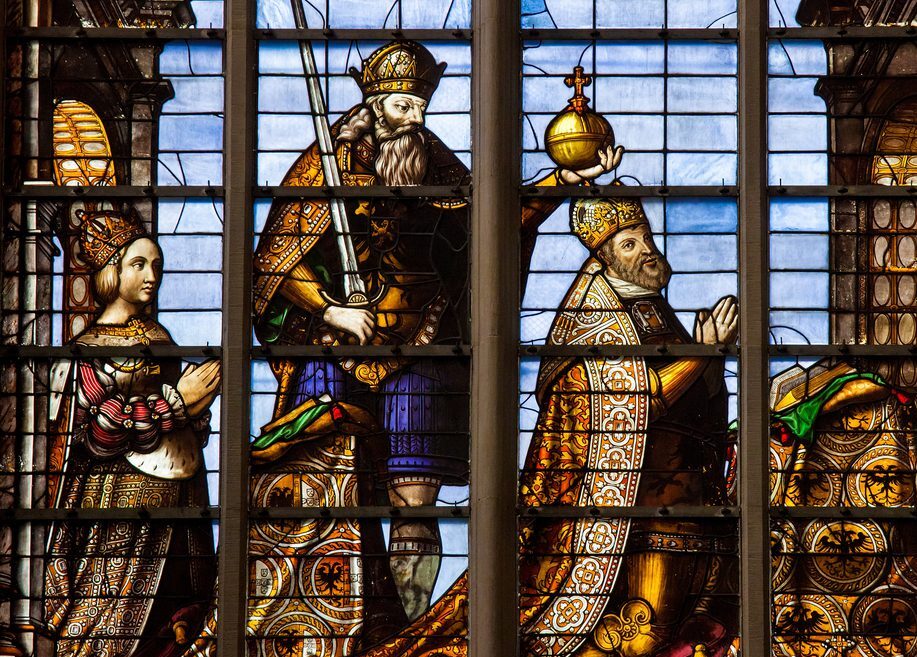
Savvy and erudite writer Eduard Habsburg-Lothringen presents some essential principles of his family that lead to a better life … not just for princes, but for everyone.
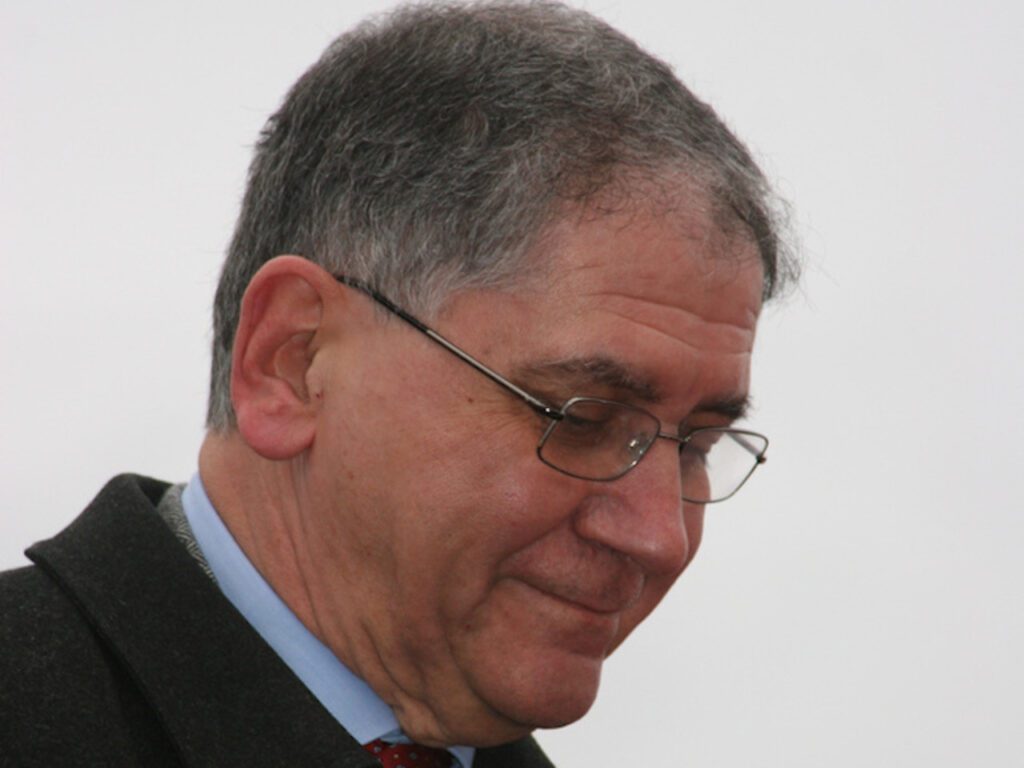
A Europe without a common identity founded on Christian values is built on sand.

The series, which focuses on the adventures of the daring duo of Francis Blake and Phillip J. Mortimer, has a feeling, a style, all its own. Edgar P. Jacobs and his successors craft fully fleshed-out worlds that draw readers in, making us sad to leave at the end of each work.
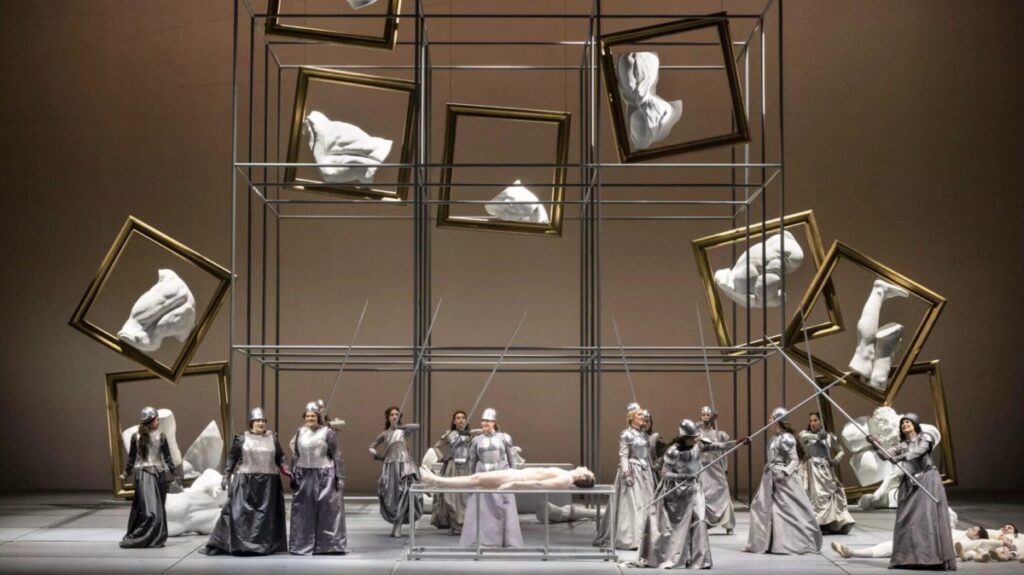
Tiezzi’s production eschews the interpretive fripperies and psychological baggage common in contemporary Wagner productions in favor of appealing abstractions.
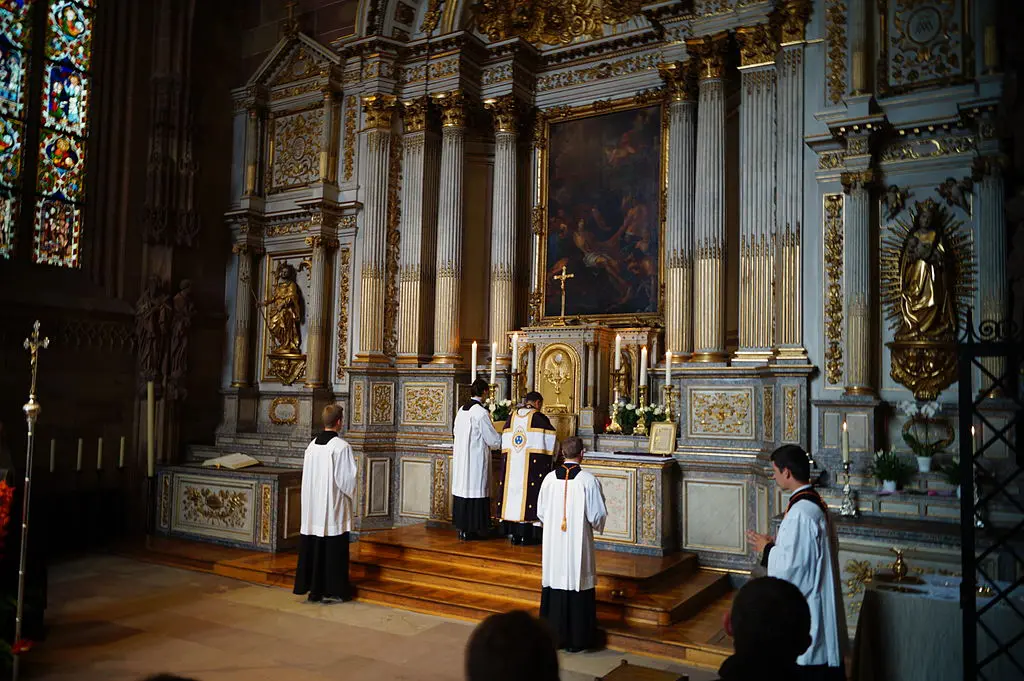
The Once and Future Roman Rite is an historical study and a call to action. The author writes that, “We are privileged to be living at a moment when it is possible for the laity and the lower clergy to be taking the steps needed to recover our glorious inheritance.”
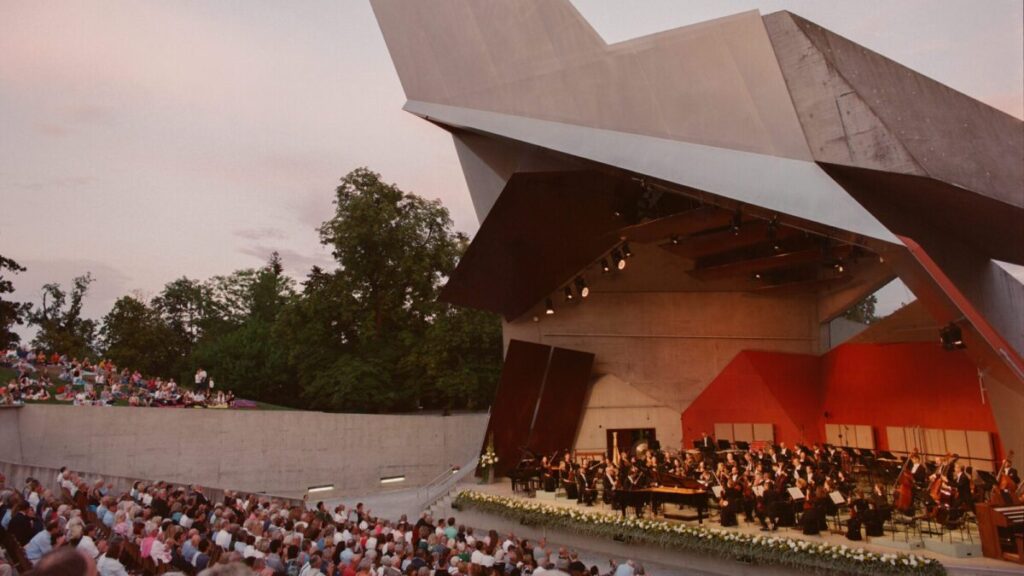
Grafenegg has risen to become one of the finest regional European music festivals. The unique blend of nature, architecture, and music makes one feel as though the great romantics are still at home here.
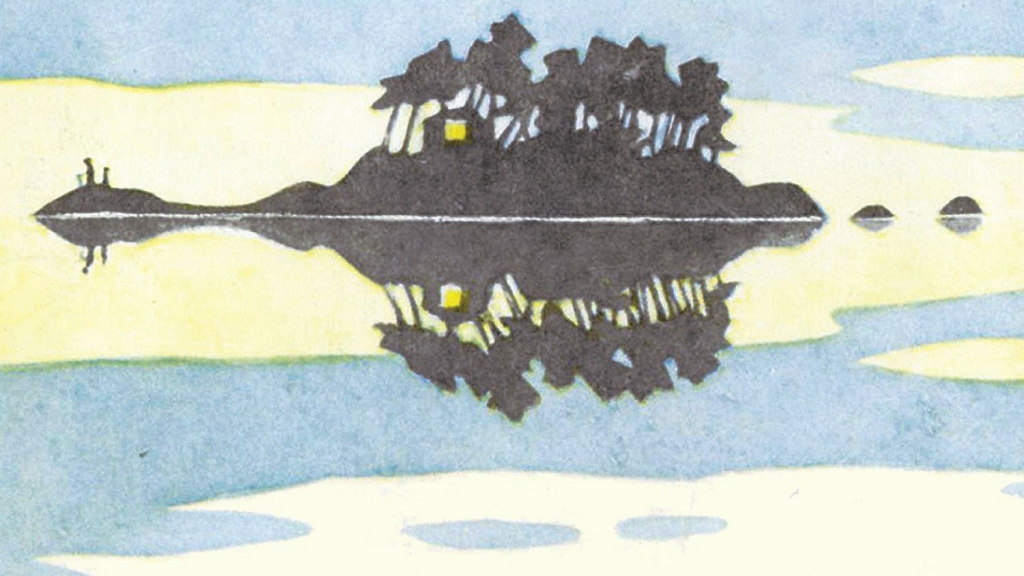
Despite her own failings, Sophia’s grandmother offers us a model of presence and love.
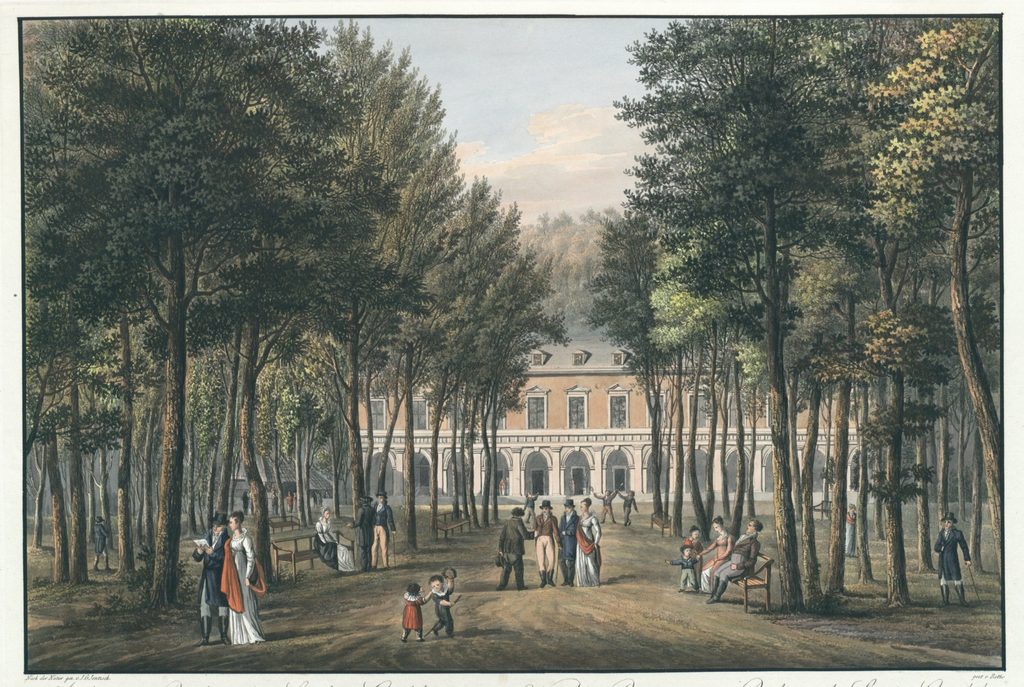
From Habsburg in Vienna to Jefferson at Monticello, this special exhibition focuses on the overriding power of the garden as a pendant in the life of civilized society.
